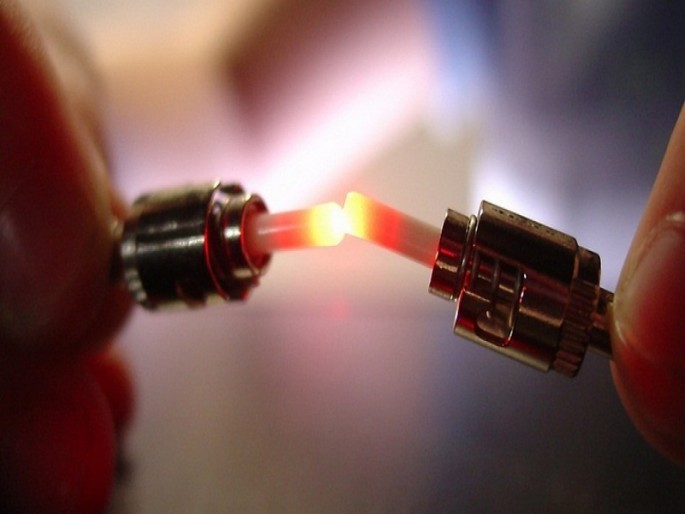The New York government is slamming the trio of Verizon, Time Warner Cable, and Cablevision for customers' claims that they are being ripped off over slow internet connections; and the three biggest internet providers have been given till November 8 to respond to government queries.
Tim Wu, a senior enforcement lawyer in the New York attorney general's office wrote a letter on Monday to the three internet providers, asking whether customers are getting reduced internet download speeds different from what is advertised by the companies; and asking that the companies provide the government with internet data to prove that consumers are getting the advertised speeds.
David Vladeck, a former director of the Federal Trade Commission's consumer protection bureau noted that if internet carriers are making claims of internet speeds, they should better be ready to substantiate the claims and provide proof.
The three internet providers are cooperating with the government in the probe, and they said they are certain that consumers are getting the advertised speeds.
The state government was forced to take this step when hundreds of complaints were filed by consumers about slow internet speed, and a public report by third-party researchers showed that the providers are supplying lesser than the advertised internet speeds.
Online speed testers have been used to confirm that internet speeds are good from one point to another point within a provider's own network, but it starts to slow down at the point of interconnection with other networks, causing customers to experience frustration watching or downloading Netflix videos and other related content.
If Time Warner Cable or any other major internet provider advertises speeds of, say, 300 megabits per second, "they don't promise you'll have 300 Mbps to Time Warner Cable - they promise 300 Mbps to the Internet," Wu said. "That requires going through interconnection. And that's a bottleneck they control and can substantially affect the speeds the consumer experiences."



























